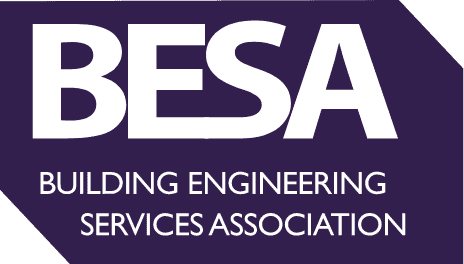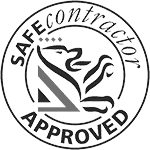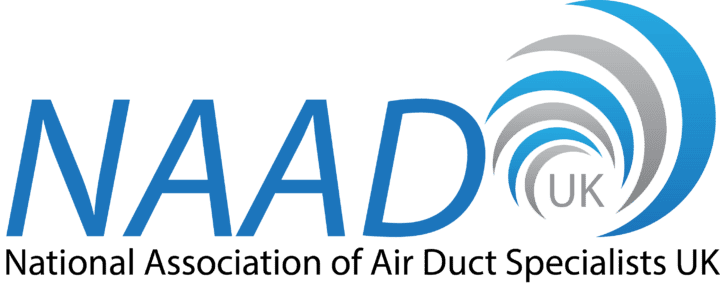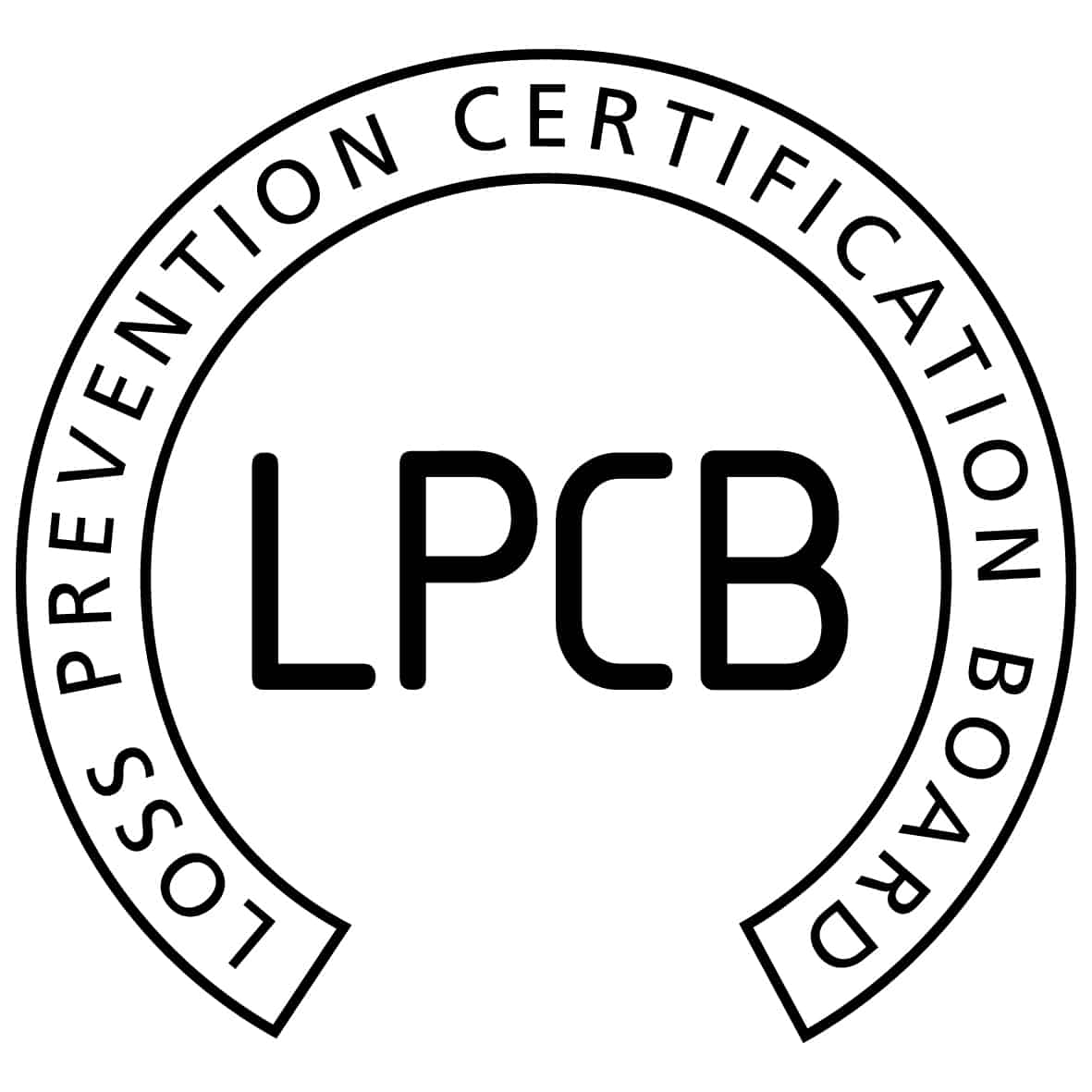

BESA, working with the Insurer’s Loss Prevention Council created the industry and legally recognised standard of ‘TR19’. This sets out how often you should have an extraction system clean based on the frequency and type of cooking. Many Insurance Companies are now setting clean frequency requirements in their policies and will ask for evidence that these and TR19 and RRFSO standards are being met.
We provide ducting inspections from our trained Surveyors to advise on whether your cleaning frequency is adequate. If you are unsure why not book in a ducting inspection or a free survey and cleaning quote.
To some extent this is a subjective judgement, based on the frequency of cooking and type of cooking within your kitchen, together with looking at supplementing your own ‘clean as you go’, daily routines. Many customers find it beneficial to help maintain satisfactory standards by employing external specialist Contractors, like us. If you book in a Surveyor to visit, we can advise you further and quote for a deep clean based on your specific requirements.
Having your kitchen professionally deep cleaned will help show due diligence and that you are taking steps to achieve the highest standards of hygiene in relation to the Food Safety Act 1990. We also provide certification for EHO purposes. We carry out full deep cleans including those ‘hard to reach’ areas that may get missed on your daily cleaning routine.
Companies, Organisations and individuals, are now responsible for ensuring legal compliance under the Regulatory Reform (Fire Safety) Order 2005. A fire risk assessment must be carried out for the catering facility and must include the kitchens’ grease extract ventilation system. Minimising grease deposit accumulation within kitchen extraction systems by having in place a suitable cleaning regime must be a high priority for compliance. Also, most Insurance Companies often determine the frequency of cleans required, within their policies. Failure to comply may invalidate your buildings insurance.
Our fees are based on the skilled manpower, chemicals and consumables we need to satisfactorily carry out your work.
Every job is unique and in order to provide costs, we need to carry out a site visit to conduct a free survey from one of our qualified Surveyors. He/She will then put together a detailed written work schedule covering your specific cleaning requirements. This report will itemise our fees and include options for reducing fees with our Service Agreement plans.
We know that minimising disruption to our customers operation is vital. We therefore plan all our work to take place in ‘one hit’. It doesn’t matter to us how big or small your work is, we guarantee to satisfactorily complete it, in one shift. The variable is of course, how many Service Technicians we deploy on the job. Rest assured, we have more than enough staff to handle it.
We advise our customers to allow 6-8 hours for a deepclean to take place. We work 24 hours a day Monday – Friday and during the day on Saturdays.
We can carry out 2 different types of test to determine the current condition of a system, and help determine the frequency of cleaning.The Deposit Thickness test can be carried out on site and the Preferred Vacuum test is a laboratory test. Please contact us for more information and book in for a test or survey of your ventilation system.
Please see below a list of some of the legislation. If you require more information, please contact us.



